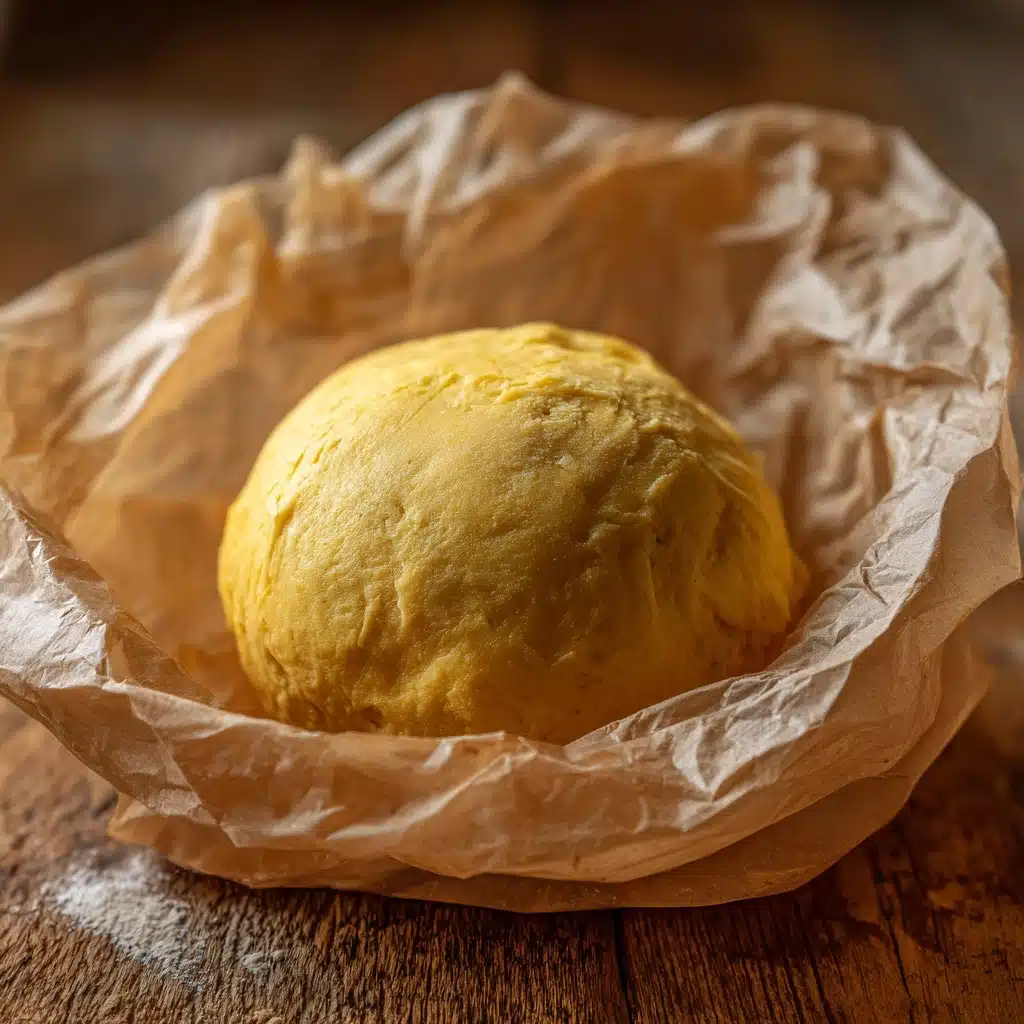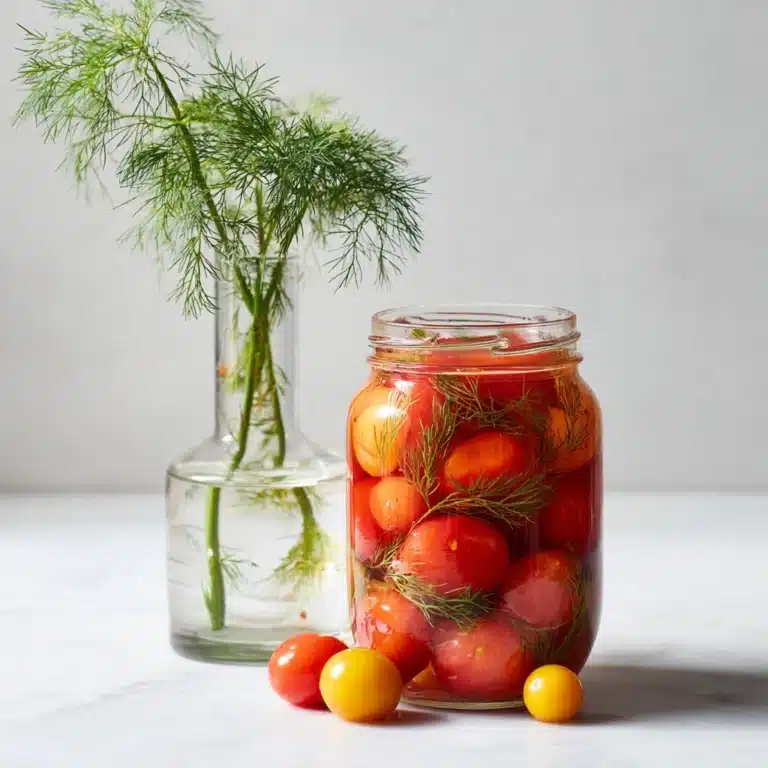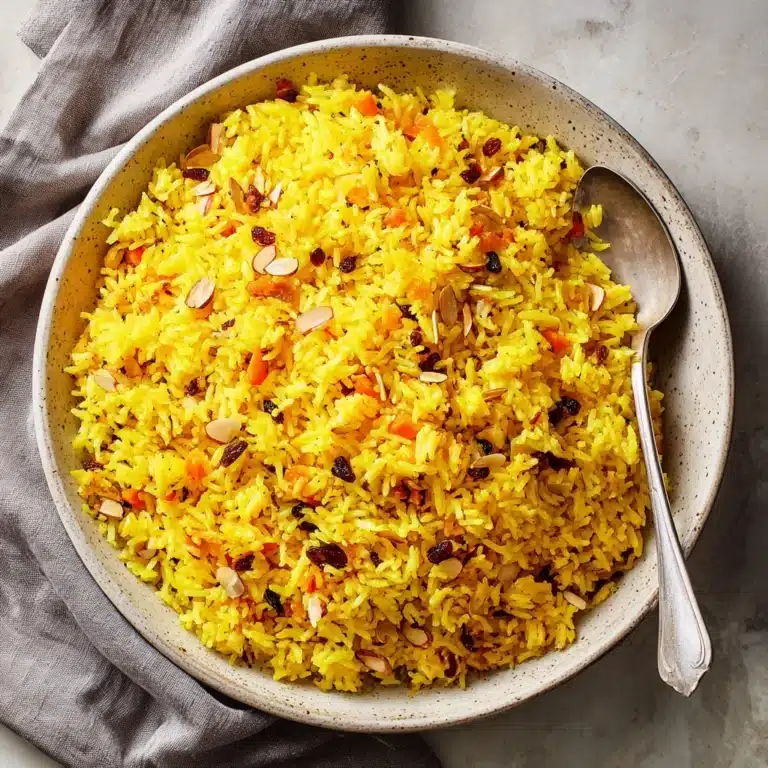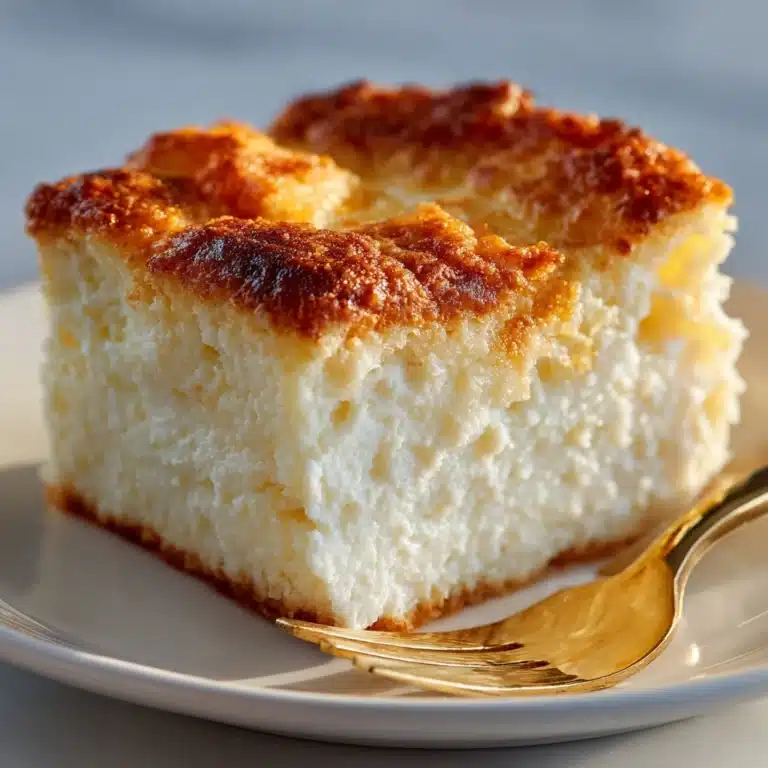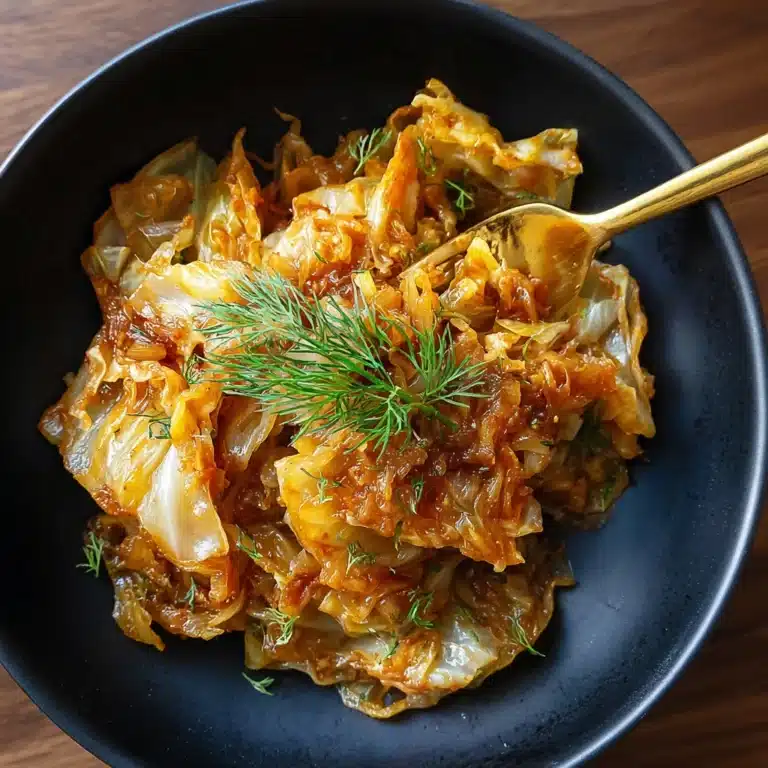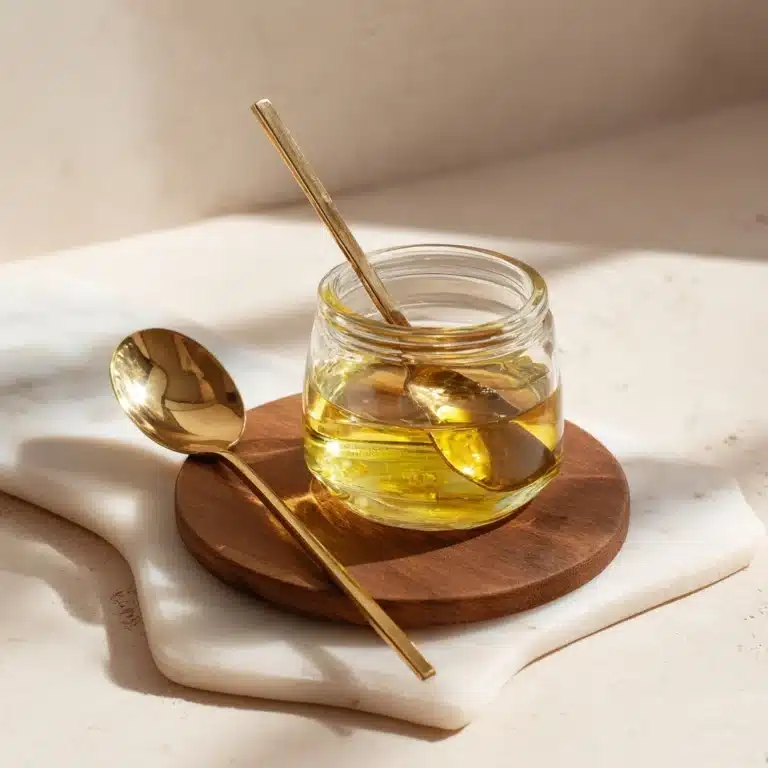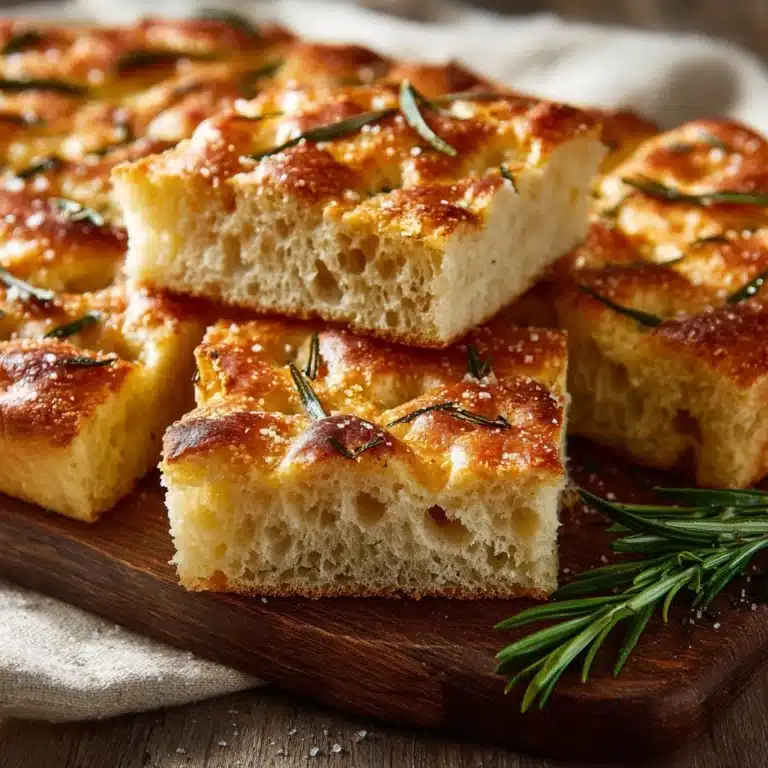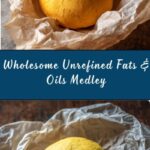If you want to transform the way you cook and truly savor the pure flavors of every ingredient, then diving into the world of Minimally Processed, Unrefined Fats & Oils is a game changer. These naturally nutrient-rich and beautifully flavorful fats have been cherished for generations, bringing richness, complexity, and unmatched satisfaction to every dish. Whether you’re crafting a fresh salad, slow-roasting vegetables, or searing steaks, these oils and fats let the true essence of your food shine while supporting your well-being.
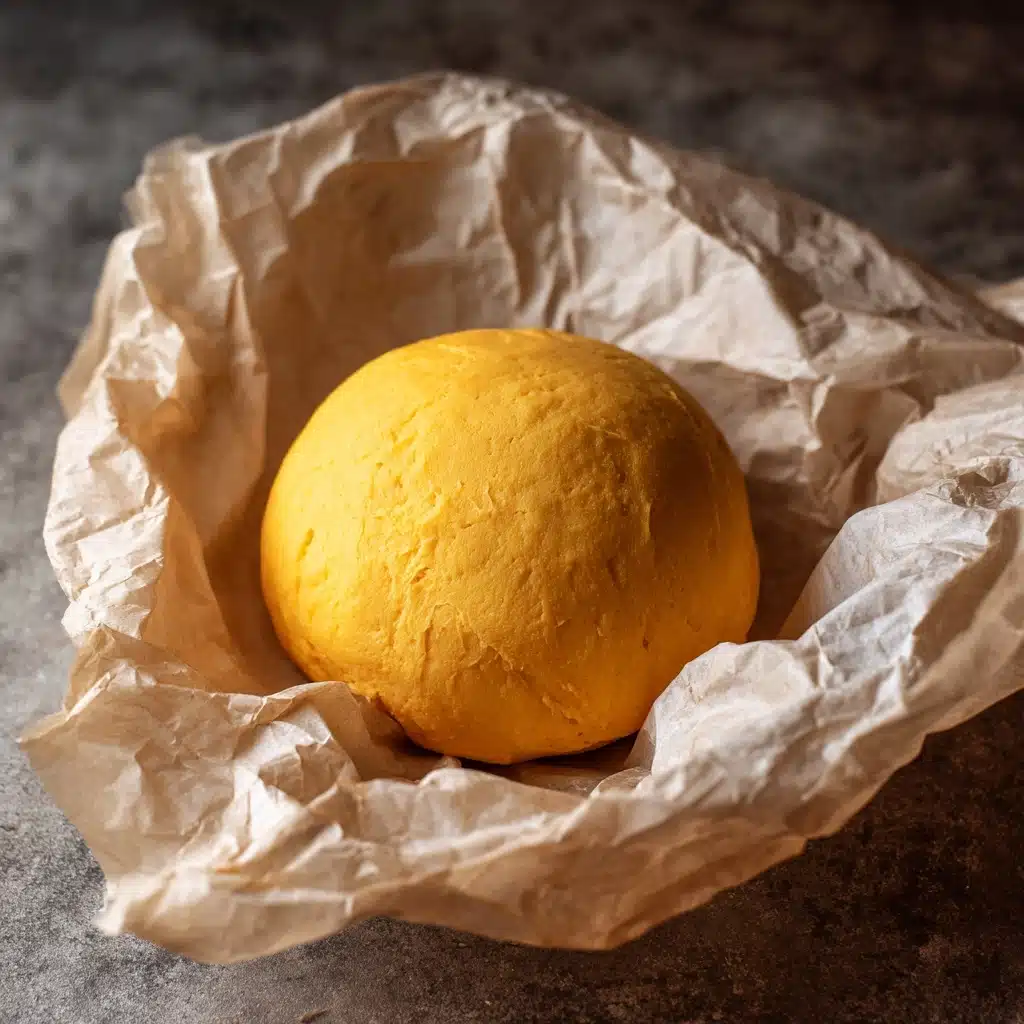
Ingredients You’ll Need
Gathering the right ingredients is simple, but each one is essential for delivering an authentic taste, delectable texture, and a burst of color to your favorite dishes. These Minimally Processed, Unrefined Fats & Oils will elevate every bite and introduce you to a world of pure flavor.
- Extra virgin olive oil (cold-pressed): Classic, fruity, and peppery; perfect for dressings and drizzling over finished dishes.
- Virgin coconut oil: Subtle tropical aroma and stable at high heat; ideal for stir-fries and baked goods.
- Grass-fed butter: Delivers a creamy, sweet flavor with a golden hue; excellent for spreading and sautéing.
- Ghee (clarified butter): Nutty, rich, and lactose-free; offers an ultra-high smoke point for frying and roasting.
- Avocado oil (cold-pressed): Mild and buttery, it handles high heat beautifully and works in both sweet and savory dishes.
- Sesame oil (unrefined): Distinct, toasted flavor; adds depth to salads, sauces, and finishing touches.
- Flaxseed oil (cold-pressed): Delicate, earthy, and loaded with omega-3s; use raw for dressings or drizzling only.
- Walnut oil (cold-pressed): Sweet and nutty; elevates salads, roasted vegetables, and even desserts.
- Macadamia nut oil (unrefined): Silky, light, and slightly sweet; an exceptional finishing oil or salad ingredient.
- Tallow (from grass-fed animals): Time-honored high-heat fat that creates irresistible texture in fried foods.
- Lard (from pastured pigs): Traditional and savory; imparts flakiness in baked goods and richness in savory dishes.
- Duck fat: Deep, luxurious flavor ideal for roasting potatoes and vegetables or searing meats.
How to Make Minimally Processed, Unrefined Fats & Oils
Step 1: Select the Right Fat or Oil for Your Recipe
Consider not just the flavor, but also the smoke point and intended use. For salads and drizzling, reach for delicate cold-pressed oils like extra virgin olive, flaxseed, or walnut oil. If you’re pan-searing or roasting, robust options like avocado oil, ghee, or tallow will give you golden, flavorful results without breaking down.
Step 2: Use Proper Technique for Each Application
For maximum nutrition and flavor, avoid overheating delicate Minimally Processed, Unrefined Fats & Oils. Reserve cold-pressed varieties for cool or room temperature applications, while high-heat fats can handle frying, roasting, and sautéing jobs.
Step 3: Store Your Minimally Processed, Unrefined Fats & Oils Correctly
Keep all oils and fats in dark, cool places away from heat and sunlight. For the most delicate ones like flaxseed, walnut, and macadamia nut oils, refrigeration is best to preserve freshness and nutrient integrity, while more stable fats like ghee, coconut oil, or tallow can stay in the pantry.
Step 4: Check Quality and Sourcing
Always look for cold-pressed, unrefined, or traditionally rendered fats and oils that specify origin—grass-fed, pasture-raised, or organic is best. These steps guarantee you’re truly enjoying the full benefits of Minimally Processed, Unrefined Fats & Oils, not just in taste but in nutritional value as well.
Step 5: Enjoy the Simplicity and Versatility
Experiment with using different fats and oils according to what you’re cooking. Switching things up from recipe to recipe makes every meal an exciting new adventure and lets each Minimally Processed, Unrefined Fat & Oil shine in its own unique way.
How to Serve Minimally Processed, Unrefined Fats & Oils
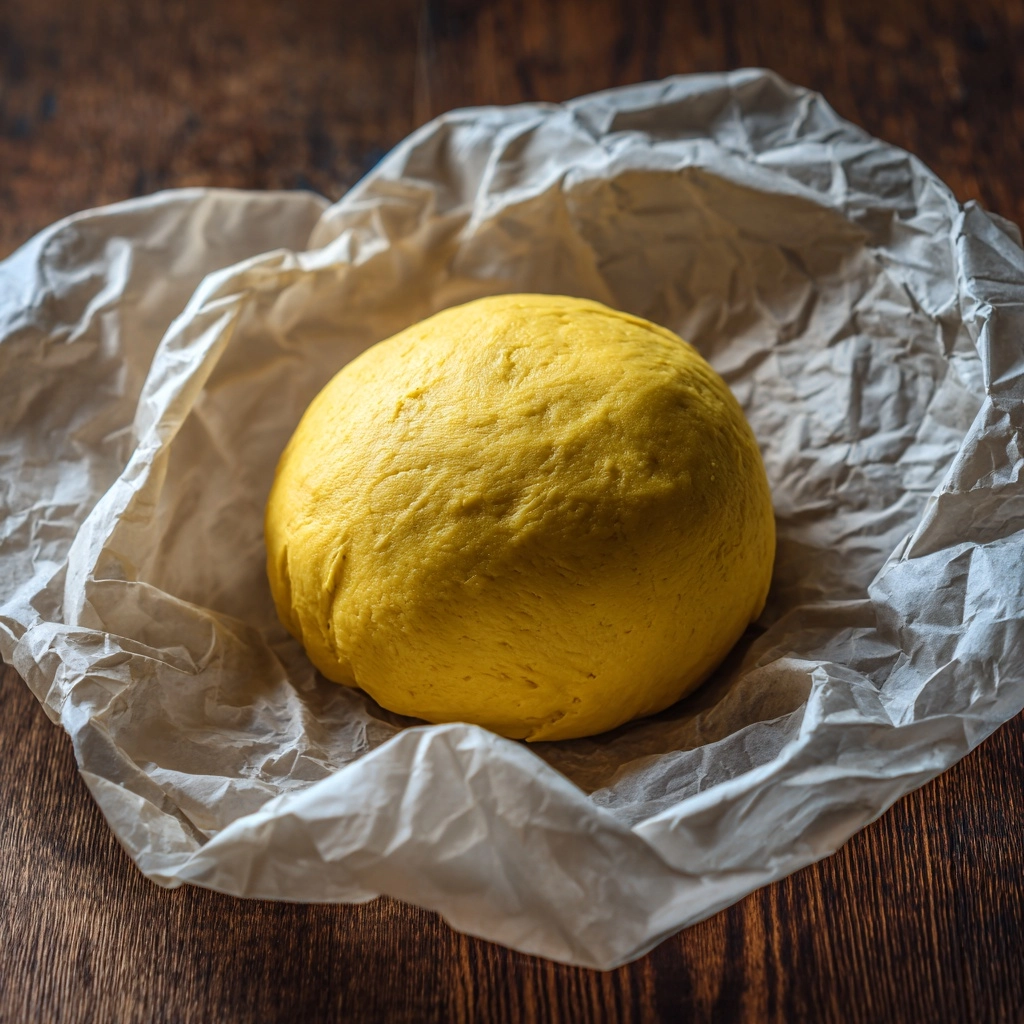
Garnishes
Drizzle a finishing touch of bold extra virgin olive oil over grilled vegetables or swirl delicate walnut oil onto fresh salads and creamy soups. A pat of grass-fed butter or spoonful of ghee melted over warm bread or simply steamed veggies can make the simplest of sides feel luxurious and celebratory.
Side Dishes
Use duck fat or tallow to roast potatoes to crispy, golden perfection, or toss steamed greens with a splash of avocado or macadamia nut oil before serving. These Minimally Processed, Unrefined Fats & Oils turn otherwise ordinary sides into irresistible show-stoppers.
Creative Ways to Present
Set up a tasting tray with small dishes of different oils alongside rustic sourdough or fresh vegetables. Create a “fat flight” for friends to dip, drizzle, and discover new favorites. Or fold sesame oil and walnut oil into flavorful vinaigrettes, elevating your salads far beyond the classic olive oil standard.
Make Ahead and Storage
Storing Leftovers
After opening, always reseal bottles or jars of your Minimally Processed, Unrefined Fats & Oils tightly. Store them away from light and heat, as exposure can quickly degrade quality, flavor, and nutrition. A cool pantry or refrigerator is ideal—especially for the more delicate oils.
Freezing
While most oils don’t benefit from freezing, solid fats such as grass-fed butter, ghee, tallow, and lard freeze exceptionally well for up to six months. Just portion them into freezer-safe containers, and thaw what you need in the refrigerator for quick access to a flavorful boost anytime.
Reheating
Reheat solid fats like ghee, tallow, lard, or duck fat gently over low heat until just melted, taking care not to overheat. For dressings made with delicate oils, serve cold or at room temperature for the best flavor and nutrition that Minimally Processed, Unrefined Fats & Oils are known for.
FAQs
Are Minimally Processed, Unrefined Fats & Oils better for health than refined options?
Absolutely! Unlike highly refined oils, these retain their natural nutrients, antioxidants, and unique flavors. Choosing Minimally Processed, Unrefined Fats & Oils supports wellness and elevates your dishes with vibrant character.
How should I choose which oil or fat to use?
Base your decision on taste, smoke point, and intended use. Use robust fats like ghee or avocado oil for high-heat cooking, and delicate oils like flaxseed or walnut for salads or finishing hero dishes. Variety is key for great results and a happy palate!
Do these fats and oils have a strong taste?
Some do, and that’s what makes cooking with them so rewarding! Sesame, walnut, and duck fat are especially flavorful, while avocado and macadamia oils are mild. Extra virgin olive oil offers a fruity punch, and grass-fed butter brings a creamy sweetness.
Can I substitute animal fats for plant-based ones, and vice versa?
Absolutely! As long as you respect the smoke point and flavor profile, feel free to mix things up. For example, coconut oil or ghee can replace lard in some recipes, and avocado oil is a great swap for butter when you want a dairy-free option.
How do I know I’m buying truly Minimally Processed, Unrefined Fats & Oils?
Look for labels stating “cold-pressed,” “unrefined,” or “traditionally rendered.” Check for sourcing information: grass-fed, pasture-raised, or certified organic are the gold standard. Don’t hesitate to ask your supplier or read reviews to confirm authenticity!
Final Thoughts
Exploring Minimally Processed, Unrefined Fats & Oils isn’t just about cooking; it’s about bringing real nourishment and deep, satisfying flavor into your kitchen. Every meal is a chance to taste history, tradition, and vibrant ingredients at their purest—so don’t be shy, grab a bottle or a jar, and let your culinary creativity run wild!
Print
Minimally Processed, Unrefined Fats & Oils Recipe
- Total Time: 5 minutes
- Yield: Varies by use
- Diet: Non-Vegetarian
Description
Learn about various minimally processed, unrefined fats and oils, their best uses, and storage tips to preserve freshness and nutrients.
Ingredients
Extra Virgin Olive Oil (Cold-Pressed)
- 1 cup
Virgin Coconut Oil
- 1 cup
Grass-Fed Butter
- 1 cup
Ghee (Clarified Butter)
- 1 cup
Avocado Oil (Cold-Pressed)
- 1 cup
Sesame Oil (Unrefined)
- 1 cup
Flaxseed Oil (Cold-Pressed)
- 1 cup
Walnut Oil (Cold-Pressed)
- 1 cup
Macadamia Nut Oil (Unrefined)
- 1 cup
Tallow (from Grass-Fed Animals)
- 1 cup
Lard (from Pastured Pigs)
- 1 cup
Duck Fat
- 1 cup
Instructions
- Using Fats & Oils: These fats are best used according to their smoke points and flavors.
- Storing: Store delicate oils in dark, cool places and refrigerate if needed to preserve freshness.
Use extra virgin olive oil for low- to medium-heat cooking or salad dressings. Coconut oil, ghee, and avocado oil are excellent for high-heat cooking. Flaxseed, walnut, and macadamia oils are ideal for cold applications like drizzling or dressings due to their delicate nature.
Notes
- Choose cold-pressed, unrefined, or traditionally rendered fats to retain natural nutrients and avoid chemical processing.
- Check for purity and sourcing from pasture-raised or organic sources when possible.
- Prep Time: 5 minutes
- Cook Time: 0 minutes
- Category: How-To
- Method: No-Cook
- Cuisine: Global
Nutrition
- Serving Size: 1 tablespoon (varies by type)
- Calories: 120
- Sugar: 0g
- Sodium: 0mg
- Fat: 14g
- Saturated Fat: 2–12g (varies)
- Unsaturated Fat: 2–11g (varies)
- Trans Fat: 0g
- Carbohydrates: 0g
- Fiber: 0g
- Protein: 0g
- Cholesterol: 0–30mg (animal fats only)
